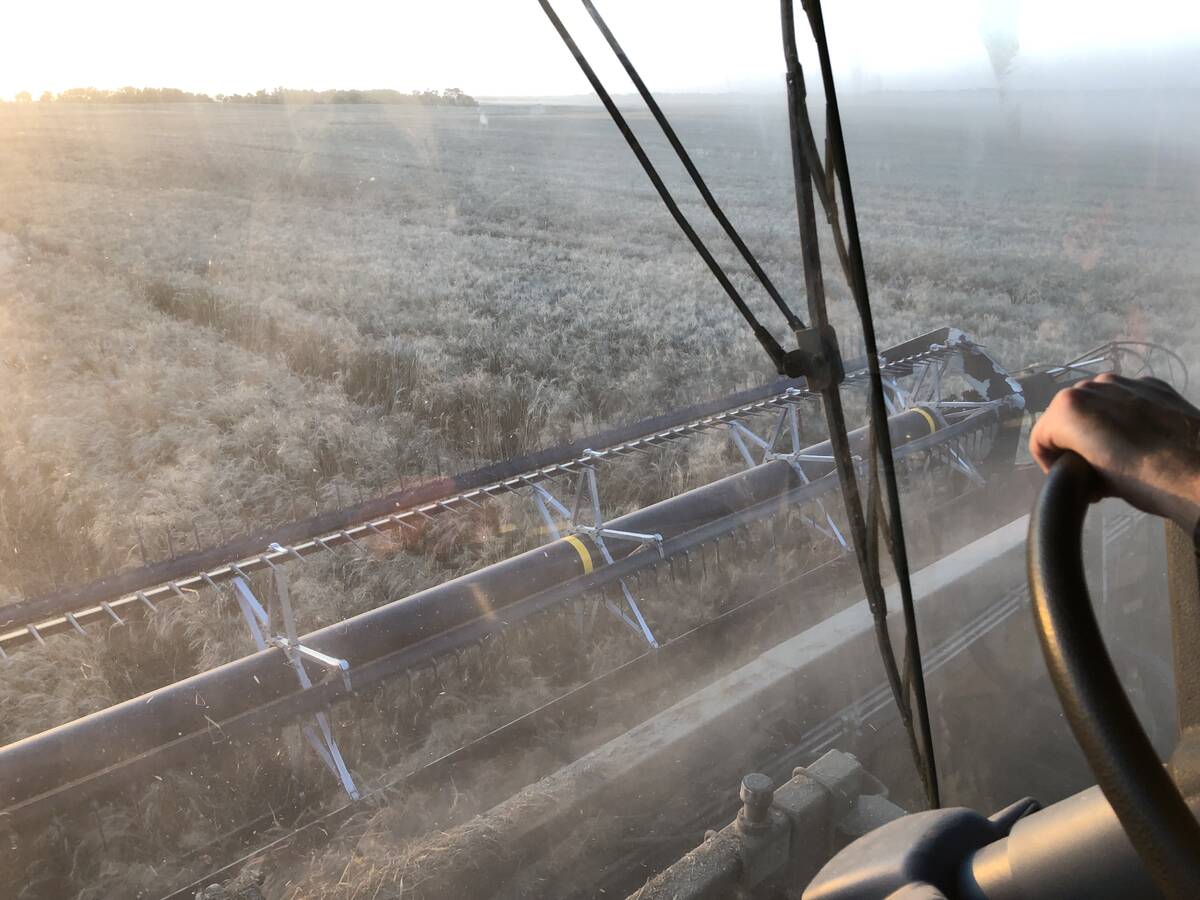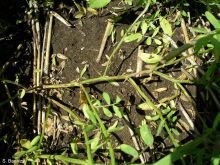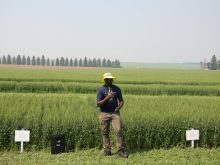Glacier FarmMedia – Ottawa and Manitoba are spending $4.7 million on 36 agricultural research projects over the next three years.
Federal agriculture minister Lawrence MacAulay and Manitoba agriculture minister Ron Kostyshyn announced the funding Feb. 12 at Crop Connect.
Money comes from the Sustainable Canadian Agriculture Partnership (S-CAP) through research and innovation program funding.
Read Also

Mail strike disrupts grain sample delivery
The Canadian Grain Commission has asked farmers to consider delivering harvest samples directly to CGC offices, services centres or approved drop offs as Canada Post strike delays mail.
“When we invest in innovation, we’re investing in a stronger, more sustainable future for Canadian agriculture,” MacAulay said in a news release sent out that day.
He singled out increased adoption of digital technology on farms. That, he said, would help farmers cut their costs, “improving efficiency and helping them stay on the cutting edge.”
According to government, the research and innovation program funds projects that develop science-based solutions for agricultural challenges, climate threats and emerging opportunities.
A Feb. 12 release described the program as supporting research and capacity-building initiatives that drive growth and sustainability in agriculture and agri-food and “helping to put Manitoba at the forefront of sustainable agriculture research.”
“Research and innovation are key drivers for Manitoba’s economic growth and enhancing profitability for our farmers,” Kostyshyn said.
Recipients include the Manitoba Crop Alliance, which will research how crop residues affect soil, water, carbon levels and weed populations.
The University of Manitoba will develop genomic selection models to improve winter wheat breeding efficiency.
Manitoba Pulse and Soybean Growers will work on soybean root rots, searching for modes of resistance that could insulate future crops from the threat and gauging how well inoculation strategies work.
Agriculture Canada will focus on developing molecular markers to improve oat breeding.
“This investment into University of Manitoba research aimed at sustainable agricultural systems and tools will translate into real benefits for producers and consumers, and will create exciting training opportunities for our students, who will drive the next generation of agricultural innovation,” said Martin Scanlon, dean of the U of M’s faculty of agricultural and food sciences.


















